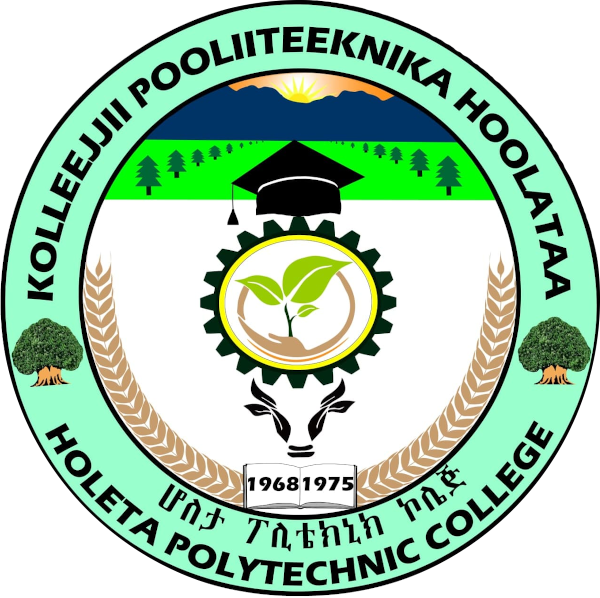About Meat Processing Technology
At a national level, livestock is the source of industrial raw materials (milk, meat, hides and skin) and high value protein to potential consumers in Ethiopia. It also contributes about 45% to the Agricultural GDP, 18.7% to the national GDP and 16-19% to the total foreign exchange earnings of the country. Even though the country is blessed with huge livestock resources, the share of meat and other slaughter by-products exported from the overall export commodities is not more than 2% and the per capita meat consumption is below the average of Sub-Saharan African countries. Of course since agriculture is the backbone of the economy in Ethiopia meat processing industry is one of the emerging industries. Meat and other slaughter by-products being exportable food items have been contributing to the foreign export earnings and GDP growth of Ethiopia since the beginning of meat processing.
One of the problem in this area is major and formal meat export destination from Ethiopian export abattoirs for chilled small ruminant meat is limited to United Arab Emirates and Kingdom of Saudi Arabia with the order of 60% and 38% share. The meat by-products for export include intestine, testis, liver, brain, lung, kidney and abomasum’s which are mostly exported to Vietnam, Saudi Arabia, and Egypt etc. The rest of meat is exported to some North African countries and other Arabic countries.The contribution of meat and meat by-products export to GDP is growing but not to its potential as it is observed in a number of reports.
On the other hand, there are more than 300 local abattoirs which produce meat for local consumption at different locations with different capacity and facilities but with no standards. However, the export of meat on both shoat and beef origin were not without challenges in Ethiopia.
Knowledgeable and highly-skilled meat technologists are needed in order to manage the industry to maintain high quality product. Lack of hands-on skilled personnel is one of the major factors, which contributed to the underdevelopment of the meat industries in the country. Therefore, it is essential to produce trained personnel in the area of meat processing industries that can partly contribute in solving the existing problems of the industry.
Rationale for the program
The rationale for reviewing this curriculum is in order to update the existing program for well trained and internationally competent professionals in meat processing technology so as to improve the concept of both hygienic and quality meat processing, in doing so, small and medium scale meat processing technologies will be expanded in Ethiopia. As a result, transforming the traditional way of meat production system into the modern.
One through skill oriented hands on training system will become possible. Even though courses were given in the country about the meat science and technology, the courses are mainly focused on theoretical knowledge development. Thus, it is important to revise the course to bring a shift to the skill and attitude development in the sector. Most of the meat products are exported without value addition and it is important to expand value addition technologies in the country. Therefore, it is found important to train technical teachers in this field with newly revised and updated courses that helps them to be well equipped in knowledge, skill and attitude in the area.
Laboratories:
The program has agro-processing laboratories that are under developing. Moreover, there are various laboratory facilities including manufacturing and mechanical workshops at Ethiopian Technical Universities, where the students of the program can work in it. Moreover the university is establishing more advanced and fully equipped agro processing laboratories and demonstration which can be used for practical training. Furthermore, various meat industries are available in Addis Ababa and around that can help our student’s practical engagement to develop their skills and attitudes in the field of Meat processing technology.
Classrooms and Offices
Technical Vocational Training Institute has its own satellite and main campus with well-equipped and furnished classrooms and staff offices.
Library and Literature
The program shares libraries and literature with other programs in the Technical Vocational Training Institute.
